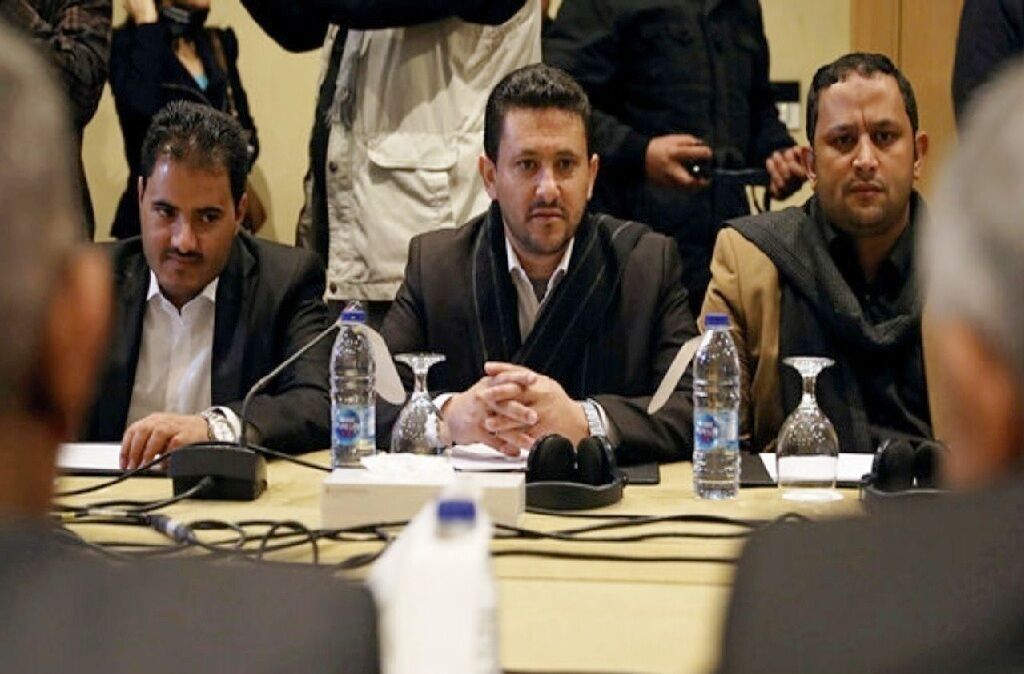After the Yemeni armed forces announced they intend to carry out the largest military operation deep inside Saudi Arabia, Riyadh confirmed negotiations with Ansarullah to end the war in Yemen. In this regard, the Saudi ambassador to Yemen confirmed that his country is negotiating with the Yemeni Ansarullah movement to end the Arab coalition’s war against Yemen.
There are several issues to consider regarding the main reasons for Saudi Arabia’s acceptance of the negotiations. First of all, we must pay attention to the importance of Yemen for Saudi Arabia. In the strategic view of Saudi Arabia, Yemen is the country’s biggest concern on the Peninsula and the biggest potential threat to Riyadh, given its shared geographical boundaries, population and potential.
It should be noted that King Abdul Aziz, the first monarch and founder of Saudi Arabia, also mentions in his will that our good and evil come from Yemen and we should keep Yemen weak and under control as much as we can. This is the obvious policy that Saudi Arabia has pursued over the past few decades.
Thus, Saudi Arabia seeks its security on the one hand by weakening the central government of Yemen and on the other hand by making the country dependent on it. Therefore, Riyadh has considered Yemen a geopolitical threat and influence along with its backyard and strategic red line. The background of Saudi Arabia’s past attacks confirms this key point.
In fact, after the formation of a Saudi coalition against Ansarullah and the Yemeni army under Operation Decisive Storm to bring back fugitive Yemeni President Abd al-Mansour Hadi, the comprehensive front made concerted efforts to prevent the expansion and infiltration of Houthi forces.
Along the way, we have witnessed repeated and frequent air and ground attacks by Saudi Arabia and the United Arab Emirates, with the backing of the United States and some European countries. Meanwhile, the deteriorating political situation in Yemen after the murder of former Yemeni President Abdullah Saleh and the Houthi rocket attacks on Saudi cities, including oil fields such as Aramco, showed that the scenario of removing the Houthis from political power and returning power to Mansour Hadi was an unlikely scenario.
In the meantime, it should be noted that the sharp differences between the UAE and Saudi Arabia as key forces in the coalition operating in Yemen, as well as the lack of serious involvement of Egypt and Kuwait in military strikes and political support, showed that Saudi Arabia, despite spending huge money on buying US military equipment is still unable to advance military strategies in Yemen.
At the same time, blind attacks on civilian areas and the killing of Yemeni women and children have sparked a new wave of criticisms from the region and the world against the continuation of military strikes, with even Saudi Arabia’s European allies being forced to oppose the sale of some advanced military weapons to Saudi Arabia under the pressure of the public opinion.
In such a critical situation, continuing the war will not be in the interest of the Saudi kingdom. Another point is that due to the recent divergence in the Saudi political power system and the opposition of some influential Saudi princes to the military strategies of Mohammed bin Salman, the prolongation of the Yemeni war could intensify competition within the country. At the same time, the UN General Assembly has adopted several resolutions in support of the Yemeni people and an end to the aggression of the Saudi coalition.
Thus, at this historic juncture, Saudi leaders will have two scenarios to face. First to continue the conflict and the war in Yemen which given the internal situation in Saudi Arabia and the security nature of the political situation after the arrest of the Saudi princes by Bin Salman on the one hand and increasing military capabilities of the Houthis and the Yemeni army in response to the aggression, on the other hand, will not be fruitful and if implemented will result in the further military and political defeat of Riyadh in the Yemeni crisis. As a result, there will be more divergence within the Saudi self-made coalition and the reaction of the people of the region to the continuation of the aggression.
The second scenario, which seems more likely and is still being discussed today, is the negotiation and accepting political solutions through multilateral talks with the mediation of neutral countries and international organizations. Meanwhile, Iran, as one of the most influential countries in the region, has repeatedly welcomed the Yemeni political talks and the formation of an inclusive government in Yemen since the beginning of the crisis, despite repeated accusations by the Saudis on Iran’s alleged military presence in Yemen or sending missiles and other military weapons to Yemen. It seems that in the current situation, Iran can play a key role in ending the crisis in the region.
At the same time, it can be said that if the conditions for political talks are provided, resolving the Yemeni crisis could lead to a reduction in political tensions in the region and the start of the Riyadh-Tehran talks. The bottom line is that Iran underlines that the Houthis, like Lebanon’s Hezbollah, will have the maximum share of power in Yemen by withdrawing from the purely military phase in the future, which could help ease tensions and escalate political negotiations. In the current situation, if Saudi Arabia is aware of this important point, it is possible to start political negotiations and abandon military means.
Meanwhile, the countries of the region will welcome the political option and negotiations on Yemen. The only thing that may hinder political negotiations and the implementation of the peace process in Yemen is the possible involvement of the Israeli regime in the Yemeni issue, as well as some extremism by the Donald Trump administration’s security decision-making team, which are considered to be the obstacles in the way of this scenario. Undoubtedly, by removing these obstacles, we can hope in negotiations and political solutions.










0 Comments